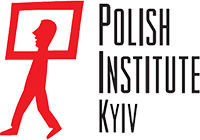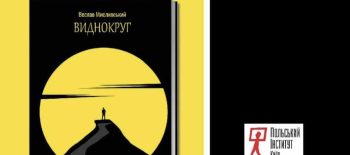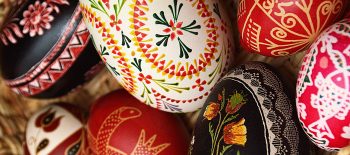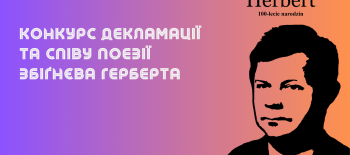Dear Reader:
The book, which I am honoured to present you with, is an offering from the citizens and the Republic of Poland to mark the thirtieth anniversary of Ukraine’s declaration of independence. The jubilee we celebrate with you today — of immense significance for all of East and Central Europe — turns our attention to the things that unite the inhabitants of our region. Here we have in mind not only our shared historical experience, but also the heritage of the former Republic of Many Nations, the soil from which the works of Adam Mickiewicz spring.
In 1825, this poet of freedom, one of the greatest bards of the Romantic Era, undertook a journey through the Crimean peninsula, which delighted him with the charms of its eastern landscape, and the monuments of its storied past. His experiences in Crimea bore fruit in this cycle of eighteen sonnets, in which — through his narrative protagonist identified as the ‘Pilgrim,’ in conversation with his guide, the ‘Mirza’ — he records his impressions and reflections.
Mickiewicz’s pilgrimage was not undertaken by choice. Rather, it was forced upon him by Tsarist edict banishing him from his native Lithuanian-Belarusan region for participation in conspiracies of a patriotic nature. In his Crimean Sonnets, Mickiewicz presents us with a beautiful expression of his longing for his Fatherland. Because he was an artist, gifted with an unusual sensitivity to human fate, the poems that arose from his journey pay masterful homage to the natural splendours and culture of a region heretofore unknown to him — which spellbound him — and, above all, to its inhabitants.
The Crimean Sonnets belong to the canon of poetic masterpieces in Polish, in the strict sense of that term. From the European perspective, they constitute a sublime example of the Romantic fascination with the East. As far as the development of the Polish language is concerned, Mickiewicz’s Sonnets are one more milestone on the road to the formation of the contemporary literary language and manner of plastic expression. Last but not least, we, contemporary men and women, read this cycle today as something that has not lost its actuality, despite the passage of nearly two centuries, as a narrative of a land, the history of which is filled with so much human drama, and which will always remain deep in the hearts of the Ukrainian and Tatar peoples.
Uniting ourselves to You in the happy celebration of thirty years of freedom, in the name of Poland and all Poles I have the honour to present you with our heartfelt congratulations and very best wishes for the future success and well-being of all the citizens of independent, sovereign, and democratic Ukraine.
Introduction by President of the Republic of Poland
Andrzej Duda



